13 Celebrities on the Charities Closest to Their Hearts
Want to make a difference but don't know where to start? These enthusiastic philanthropists will help show you the way.
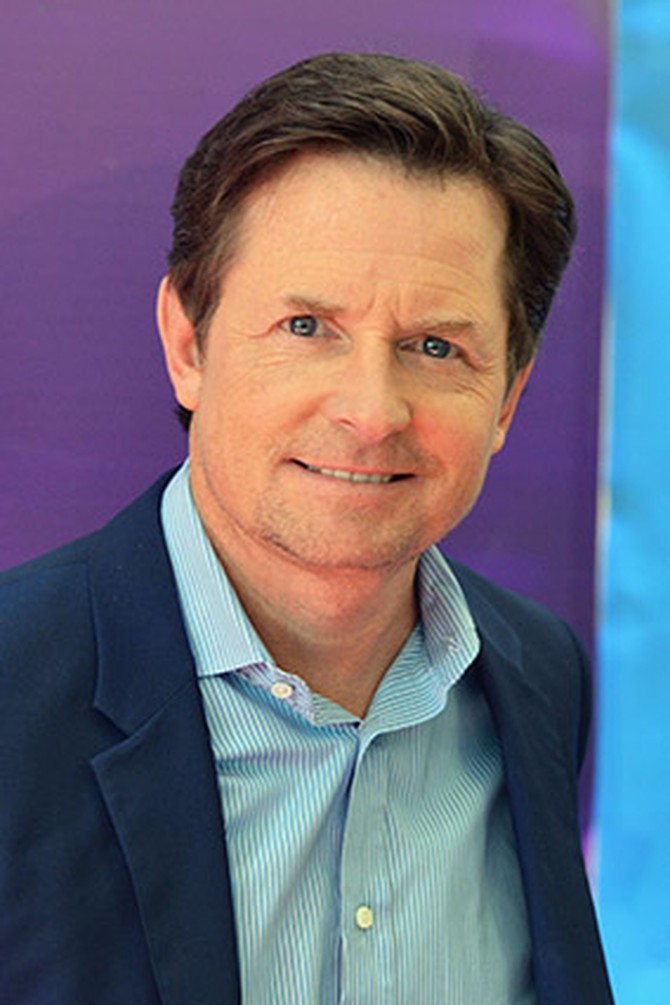
Photo: Slaven Vlasic/Stringer/Getty Images
Michael J. Fox - Michael J. Fox Foundation
"I was diagnosed with Parkinson's disease just before I turned 30. I'd never met anybody with it, and I felt completely alone. At the Michael J. Fox Foundation (michaeljfox.org), we want to provide the more than five million adults who have the disease with a support system, and fund research that could help develop treatments for Parkinson's and other neurological ailments, like cerebral palsy and multiple sclerosis. And, of course, we're searching for a cure. We want to go out of business someday."
—As told to Arianna Davis
—As told to Arianna Davis
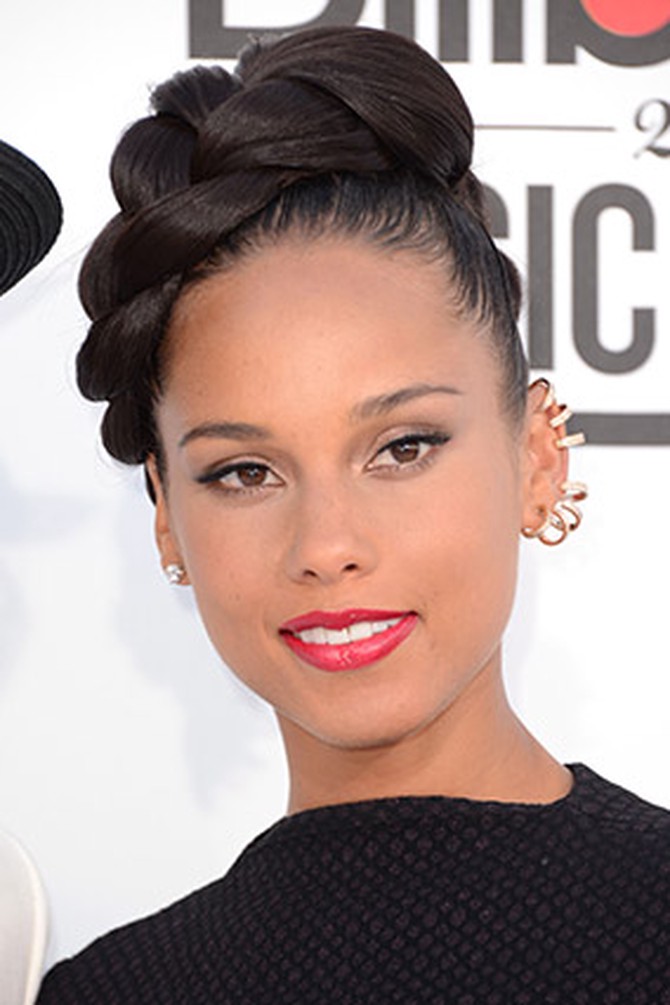
Photo: Frazer Harrison/Staff/Getty Images
Alicia Keys - Keep a Child Alive
"I was 20 years old when I visited Africa for the first time, and I met so many people my age and younger who were dealing with AIDS. Some had the disease. Others were orphans forced to support their siblings. Nobody talked about what a major crisis this was. Keep a Child Alive (keepachildalive.org) has been funding treatment for children and families for ten years; we now support seven clinics and outreach projects in Africa and India, but so many people still need our help. The way I see it, we're a family, and we have to help each other."
—As told to A.D.
—As told to A.D.
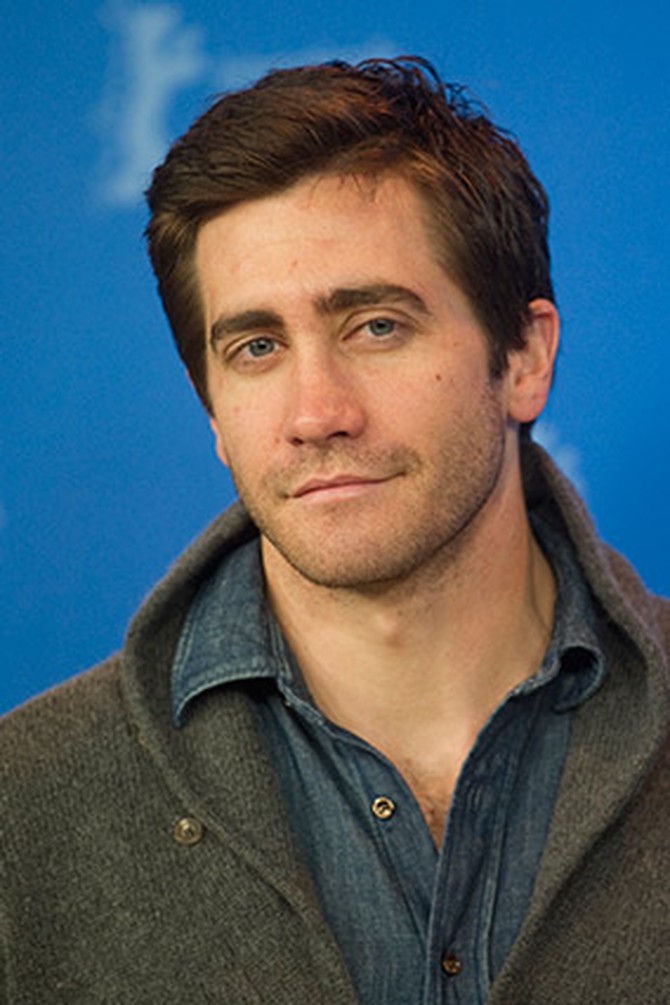
Photo: John Macdougall/Staff/Getty Images
Jake Gyllenhaal - New Eyes for the Needy
"I've been teased about being 'four-eyed' since I was a child—several generations of my family have dealt with severe myopia. When my grandfather got glasses for the first time, the world really opened up for him. That's why he always donated old frames to New Eyes for the Needy (new-eyes.org), which helps the disadvantaged get a free pair. Now I'm a spokesperson, and I hope to make my 96-year-old grandpa proud."
—As told to A.D.
—As told to A.D.
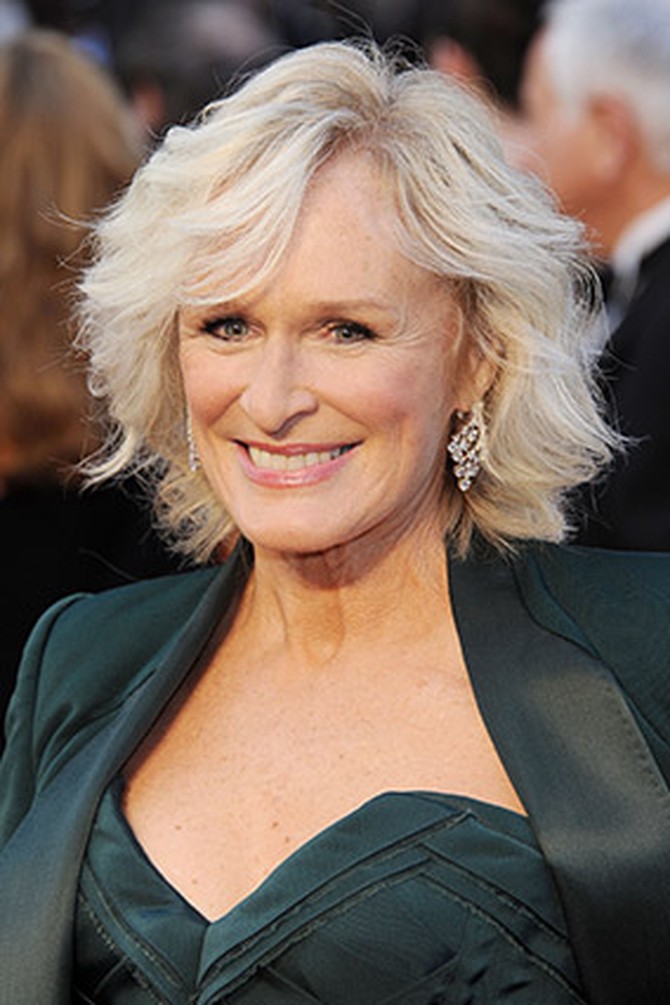
Photo: Michael Buckner/Staff/Getty Images
Glenn Close - Bring Change 2 Mind
"After my nephew was diagnosed with schizoaffective disorder, I started Bring Change 2 Mind (bringchange2mind.org) to end the stigma associated with mental illness, which affects one in four people. I know: It's a scary topic. When a girl my nephew dated told her parents about his illness, at first they were horrified—but they felt completely different after they met him. We're trying to create that same aha moment for everyone through ads and educational events."
—As told to A.D.
—As told to A.D.
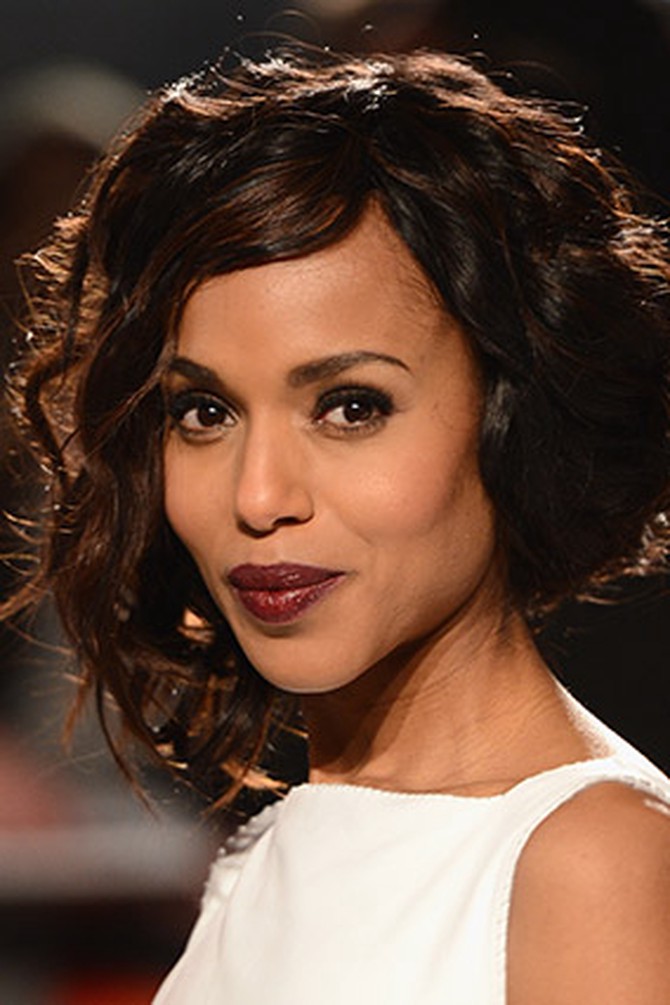
Photo: Ian Gavan/Staff/Getty Images
Kerry Washington - Turnaround: Arts
"The President's Committee on the Arts and the Humanities reported that when you bring arts into struggling schools, attendance and grades go up. My high school arts program taught me commitment—so I jumped at the chance to join the PCAH's Turnaround: Arts initiative (turnaroundarts.pcah.gov). The students I work with get really excited about learning history through literature and math through music. They also teach me to dance. We performed the Lindy Hop for the First Lady!"
—As told to A.D.
—As told to A.D.
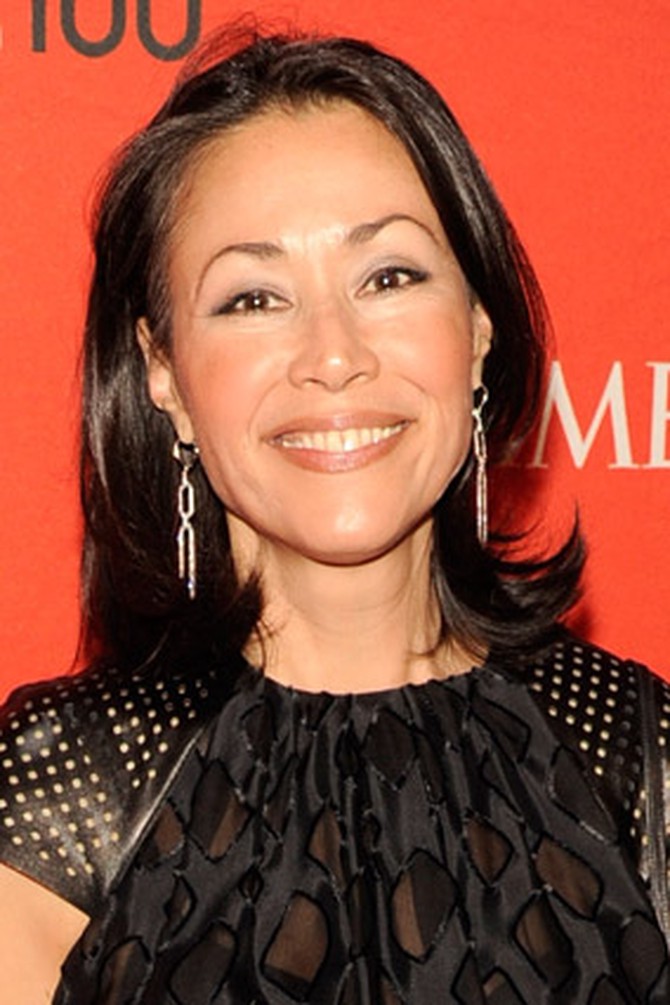
Photo: Getty Images
Ann Curry - PeacePlayers International
"Five years ago, I reported a story about PeacePlayers International, or PPI, an organization that uses basketball to create connections among young people in divided communities. PPI puts kids who typically wouldn't interact—like Catholic and Protestant teenagers in Northern Ireland—on the same team to encourage dialogue and friendship. In countries like South Africa, where whites traditionally play rugby and indigenous people typically play soccer, basketball can be a sort of safe zone; everyone comes on equal footing. My family and I became involved with PPI last summer when we traveled to Durban to learn more and join in the games, and this year we went to Israel and the West Bank. While there, we asked the Jewish and Palestinian kids on one team if they ever hang out, and they all broke out laughing and said, 'Yeah, duh!' In places where young people are often encouraged to think the worst of others, these are the kinds of relationships that give hope for a more peaceable future."
How you can help: You can sponsor a participant, practice, or even a tournament, or host a fundraiser.
How you can help: You can sponsor a participant, practice, or even a tournament, or host a fundraiser.
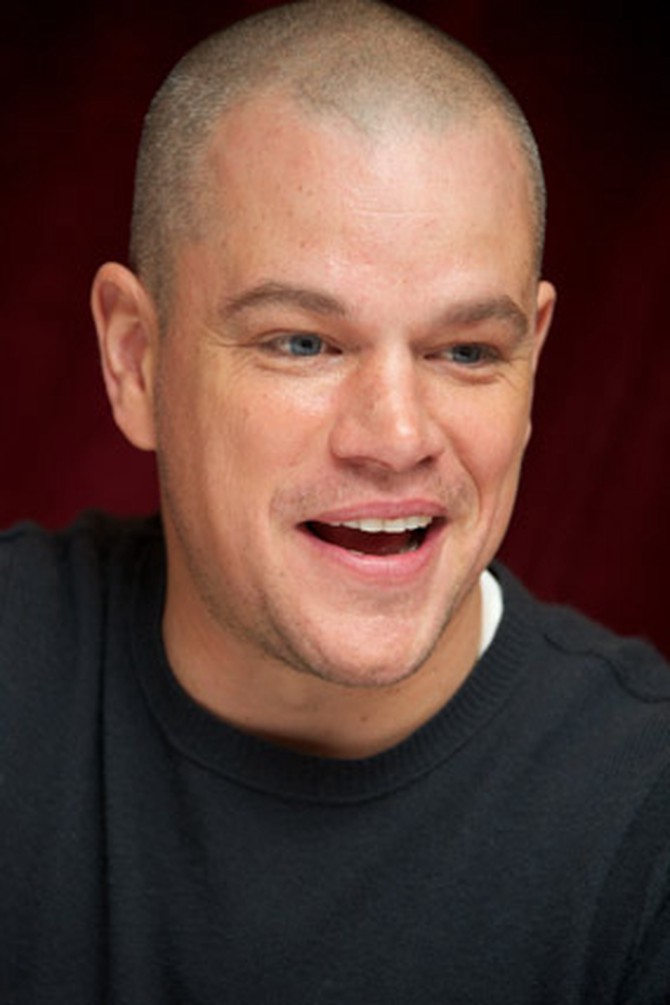
Photo: Getty Images
Matt Damon - Water.org
"Several years ago, while traveling in Zambia, I met a young girl who told me that she was going to move to a city and become a nurse. I realized that if someone hadn't set up a well near her home, she would have spent her life scavenging for water—but with access to that well, she was able to attend school and plan for her future. With Water.org, I want to raise consciousness about the magnitude of this challenge—and its solutions."
How you can help: You can spread the word on Facebook or Twitter, shop for gifts that support Water.org's work, join a community of athletes committed to the cause, or simply donate.
How you can help: You can spread the word on Facebook or Twitter, shop for gifts that support Water.org's work, join a community of athletes committed to the cause, or simply donate.
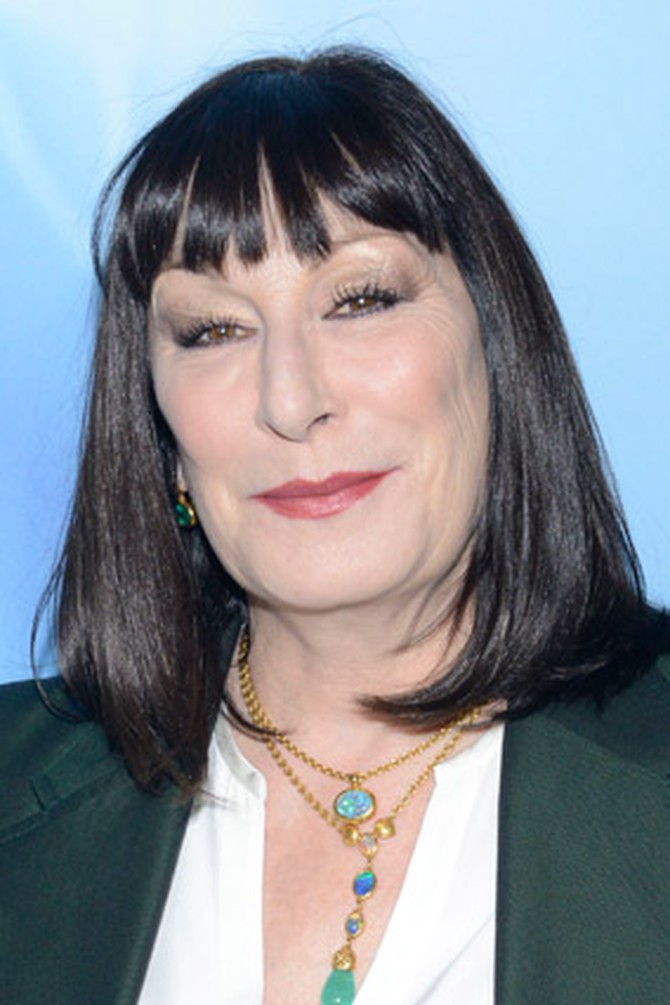
Photo: Getty Images
Anjelica Huston - PETA
"I've worked with PETA for over ten years to make people aware of animal rights. I grew up on a farm in Ireland, so I've always taken care of animals, starting with Mindy, the miniature black poodle I had when I was 6; on our walks in the bogs, she'd fly over stone walls, her little ears flapping. I think we have to pay more attention to how we treat animals: the great apes trained for our entertainment, carriage horses left outside in intense heat and cold, polar bears confined in zoos. Animals can't talk, so it's up to us to speak for them."
How you can help: You can learn more about switching to a vegetarian or vegan diet, check out lists of companies that do and do not test their products on animals, find out what to do if you spot cruelty to animals, join an Action Team, or follow PETA's letter-writing guide to get tips on how contact your local newspapers, businesses, and legislators.
How you can help: You can learn more about switching to a vegetarian or vegan diet, check out lists of companies that do and do not test their products on animals, find out what to do if you spot cruelty to animals, join an Action Team, or follow PETA's letter-writing guide to get tips on how contact your local newspapers, businesses, and legislators.
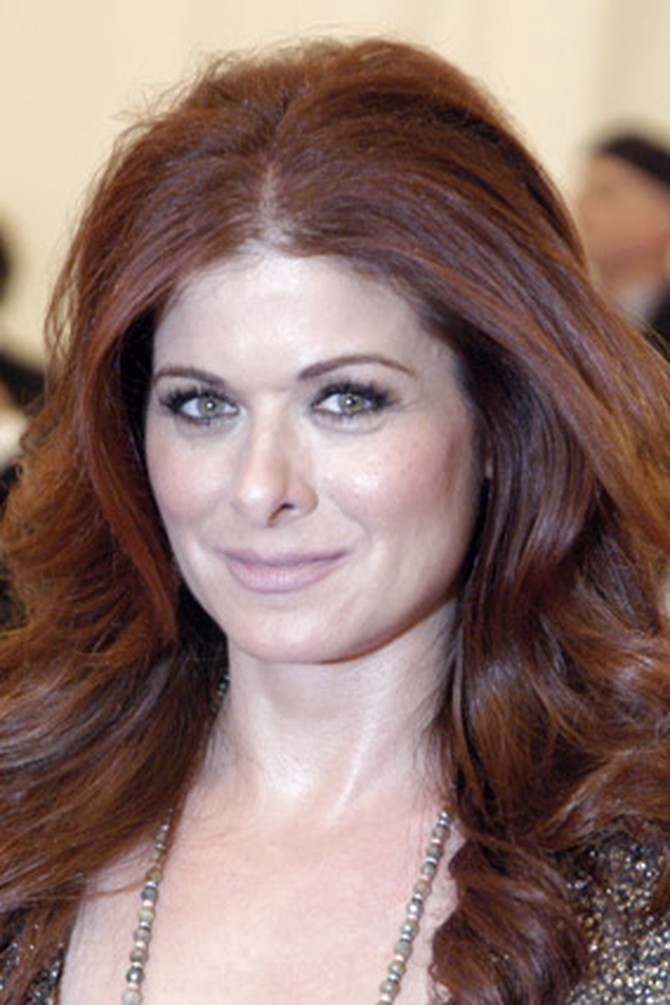
Photo: Getty Images
Debra Messing - PSI
"In 1993 a teacher of mine passed away from AIDS complications. The devastating loss inspired me to work with charities whose mission is to eradicate AIDS. About six years ago, I learned about PSI, an organization dedicated to improving the health of people in the developing world by focusing on challenges like HIV, maternal health, and childhood mortality, and I ended up begging one of their vice presidents to let me do anything I could to help. I've since visited Africa twice with them, and the trips were full of powerful encounters, like meeting a dying young woman who is now strong and healthy. AIDS is no longer a death sentence, as long as people have access to medication. Interventions and counseling can help people live happy, productive, vital lives."
How you can help: You can donate to support PSI's work around the world or join their mailing list to learn more.
How you can help: You can donate to support PSI's work around the world or join their mailing list to learn more.
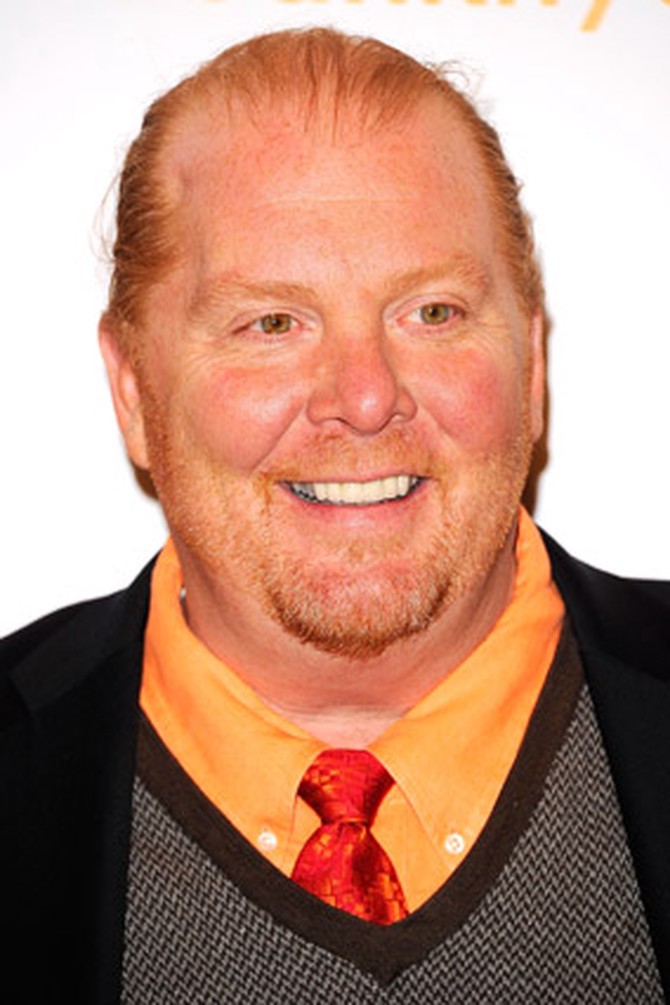
Photo: Getty Images
Mario Batali - Food Bank for New York City
"Food is never far from my thoughts, and I've been a supporter of the Food Bank for New York City for 20 years. When SNAP [the federal food stamps program] was at risk of losing more than $33 billion over the next decade, the Food Bank drew awareness to the cause by challenging people to live on the average food stamp budget for a week—$124 for a family of four. My wife, two children, and I accepted the challenge. We ate rice and beans for lunch every day, and made a pork roast last for two and a half meals. Living on that budget really made us think about what we were eating—and about the nearly three million New Yorkers who have difficulty affording food."
How you can help: New Yorkers can volunteer or donate food. Everyone else can host a virtual food drive, support legislative change, or find a local food bank.
How you can help: New Yorkers can volunteer or donate food. Everyone else can host a virtual food drive, support legislative change, or find a local food bank.

Photo: Getty Images
Rashida Jones - International Rescue Committee
"The International Rescue Committee—IRC—was founded in 1933 to help people escape Nazi Germany, and now offers food, water, and healthcare to people displaced by emergencies or war. Once those people are resettled, the IRC helps them become citizens and integrate into their new culture. After visiting a refugee camp in Thailand that the IRC provides assistance to, I was touched by the human ability to adapt when given the right tools."
How you can help: You can buy a Rescue Gift—for instance, a community garden toolkit or a woman's small business training—or organize a fundraising event to support the IRC's work. Or simply follow the IRC on Facebook and sign their pledge to build a better future for women and girls.
How you can help: You can buy a Rescue Gift—for instance, a community garden toolkit or a woman's small business training—or organize a fundraising event to support the IRC's work. Or simply follow the IRC on Facebook and sign their pledge to build a better future for women and girls.
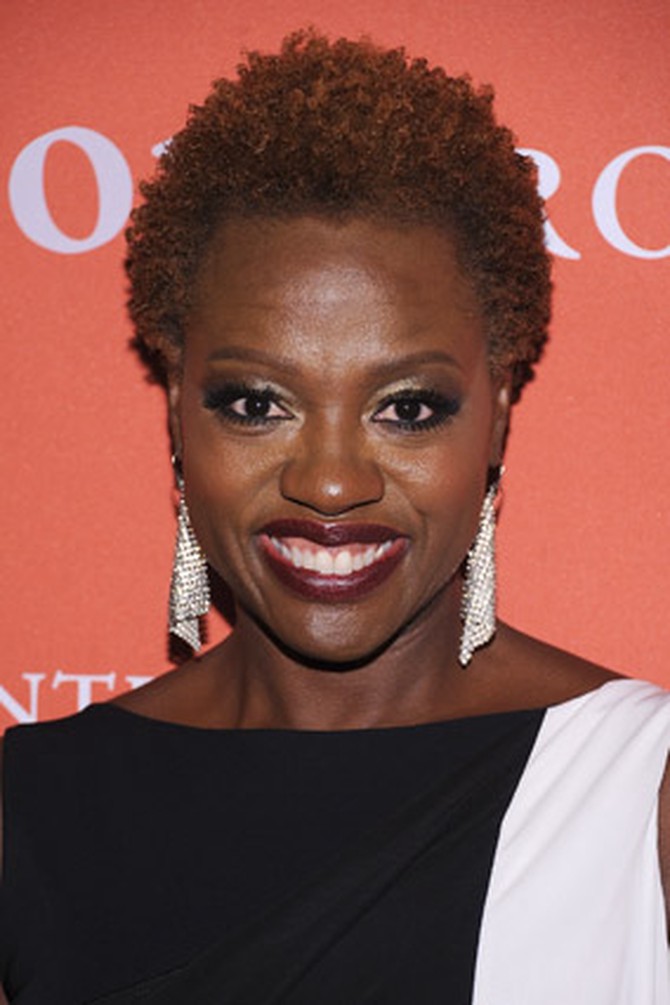
Photo: Getty Images
Viola Davis - Friendly House LA
"I have family members who suffer from addiction, so when I learned about Friendly House, a rehabilitation center for women in Los Angeles, I wanted to know more. After meeting its remarkable leaders and some of the women in the program, I've given Friendly House as much time and energy as I can. Addiction is a disease, and addicts shouldn't be demonized. They need compassion, not criticism."
How you can help: If you live in Los Angeles, you can volunteer or attend Friendly House events, listed on their website. Everyone else can donate, follow Friendly House on Facebook, and distribute the 24-hour hotline, 213-389-8810, to women in need.
How you can help: If you live in Los Angeles, you can volunteer or attend Friendly House events, listed on their website. Everyone else can donate, follow Friendly House on Facebook, and distribute the 24-hour hotline, 213-389-8810, to women in need.
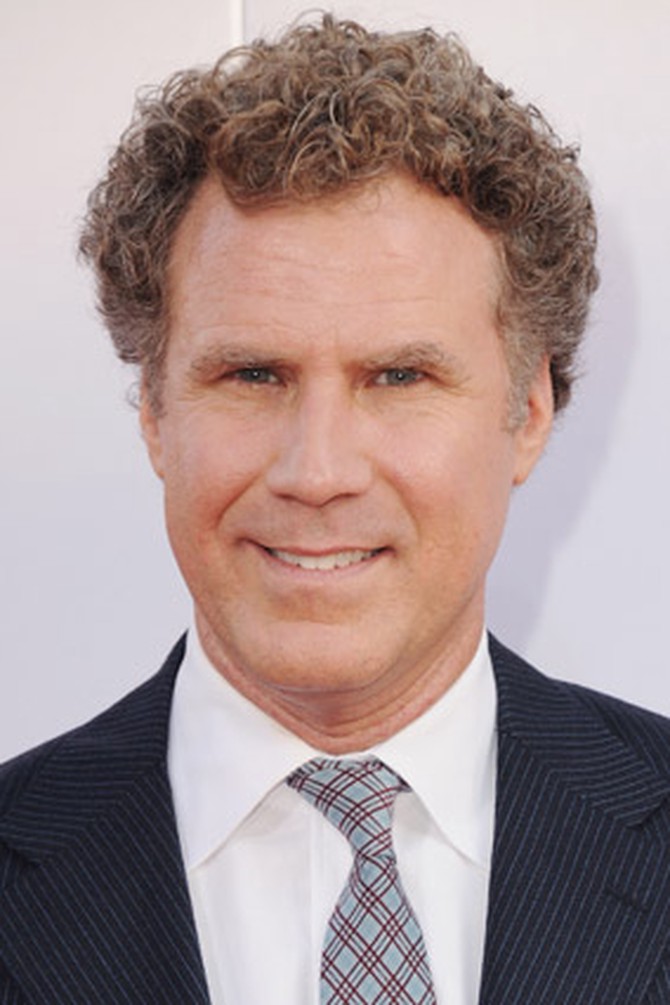
Photo: Getty Images
Will Ferrell - Cancer for College
"Every year I host a golf tournament for my friend Craig Pollard's organization, Cancer for College. Craig and I met at the University of Southern California, and after graduation, when I was starting out as a stand-up, Craig would always come laugh at my dumb jokes. He'd fought off cancer twice, and in 1993, he set up a charity that awarded scholarships to cancer survivors. When children have cancer, a lot of their families' financial resources go toward treatment, and often they don't have enough money left for college. There's so much emphasis on finding a cure—and there should be—but there's very little emphasis on what to do once you're in remission. This organization helps people pick up the pieces. At first I'd send a donation because of my friendship with Craig, but after I met the kids the organization helps, I was smitten. They're extraordinary—the most motivated young people you will ever meet, doing things like double-majoring in oncology and nursing. I joke with them, 'You guys are lazy. You really need to do something with your lives.' That always gets a laugh."
How you can help: You can buy creative gifts (like a cowbell autographed by Will Ferrell), follow them on Facebook, donate, or check their website for upcoming events.
Next: The busy woman's guide to volunteering
How you can help: You can buy creative gifts (like a cowbell autographed by Will Ferrell), follow them on Facebook, donate, or check their website for upcoming events.
Next: The busy woman's guide to volunteering
From the December 2013 issue of O, The Oprah Magazine

